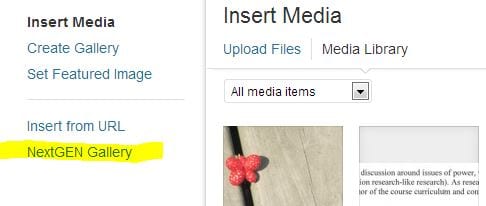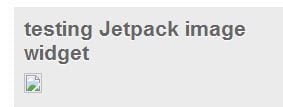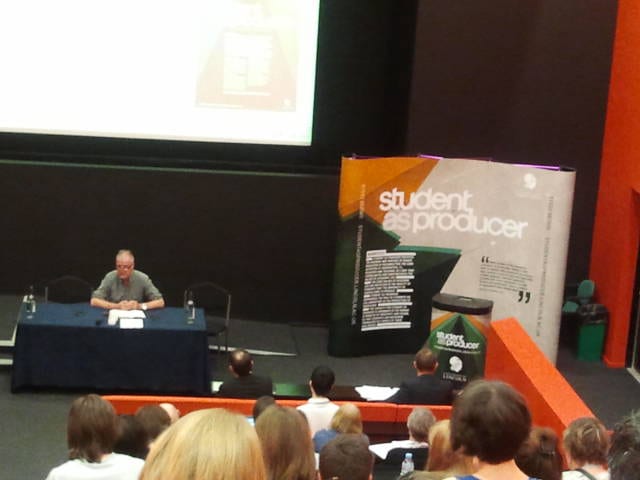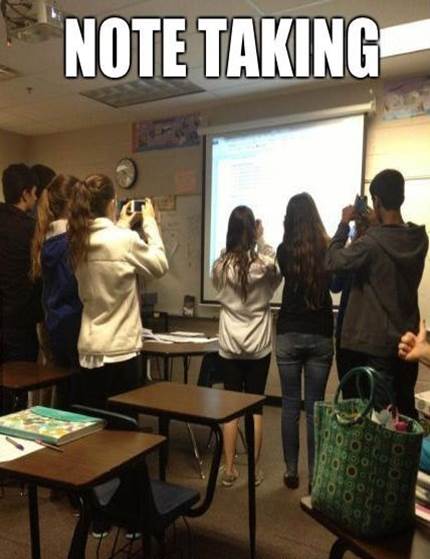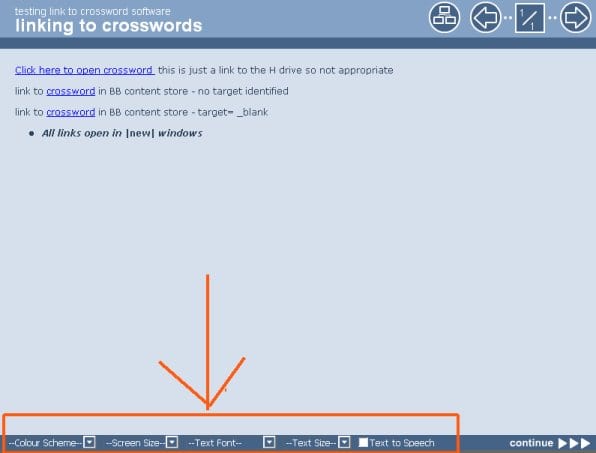There are so many places to be online and I want only one. Ideally this blog is my one stop shop. A snapshot of who I am and what I do. So this needs to include photographs. But my relationship with WordPress and images has always been fractious. The NextGEN Gallery tool did what I wanted. Then something broke and instead of fixing it a new media tool was added. Now I have to start from scratch when hundreds of pictures of projects and colleagues are already uploaded through NextGEN. The Media tool contains the promise of linking to NextGEN but when I try nothing happens.
I create a new Gallery as a slideshow but on the post page I get the message this requires JavaScript – ok, but what next? Help isn’t helpful if it doesn’t include the information you need to solve the problem.
I used to like the Social Homes Widget link to my Flickr Photostream. Then Flickr changed format and my account settings split into old and new. Both with the same url. I can move between them in Flickr but the widget only showed old images when I wanted new ones. I added a NextGen Widget to the side bar instead. It gives me the thumbnails I want but they open onto a blank page. I wonder why the tool is still there when it doesn’t work. A Jet Pack image widget only gives a broken link although everything looks like it’s filled in correctly. Maybe it only takes certain URLs and not others.
This is about digital literacies. I could do better but I do try and I’m not digitally illiterate. WordPress frustrates me; it always has done. It offers multiple ways to work with images but none of them do what I want. Linking the different elements of your life online should be easier than this. Plus it takes time. There is never enough time and when you can’t achieve your aims it feels time is wasted. I never know if it’s me or the technology but either way the result is too often not doing things because you can’t make them work.
I’ve stuck with this for several reasons. The assessment for the short course Teaching and Learning in a Digital Age is an eportfolio and there are a few other projects across the university looking at WordPress as an eportfolio tool. Text only blog posts are boring. Images can ‘educate, inform and entertain’. They are essential components of any eportfolio environment and I’m interested in how we support eportfolio construction at Lincoln. WordPress is ok. I like it a lot but when it comes to usability I think it could be better. Plus it’s Monday morning – never the best part of the week – and sometimes it’s cathartic to start the week with a good grumble!
